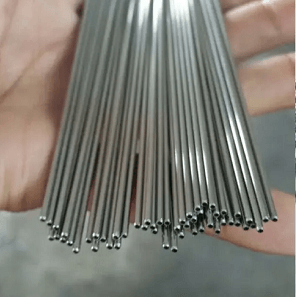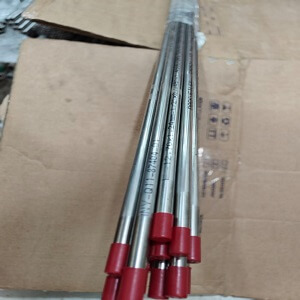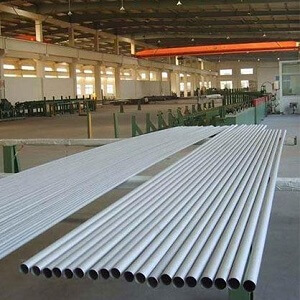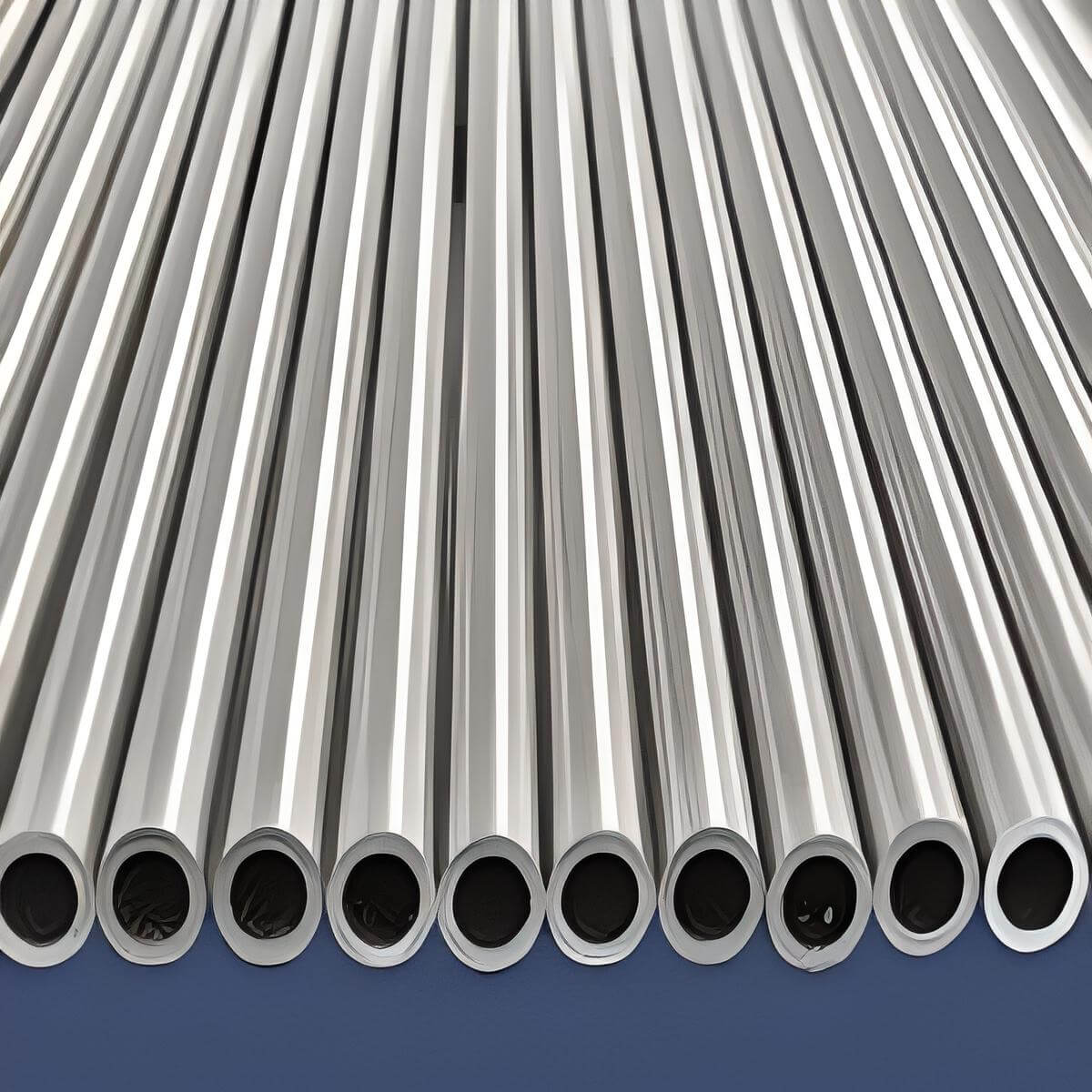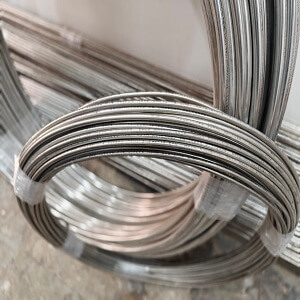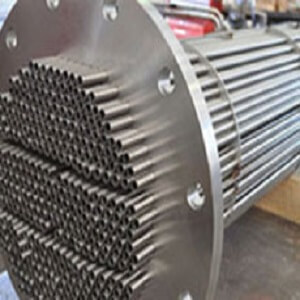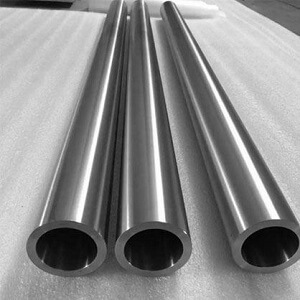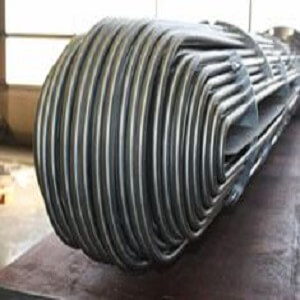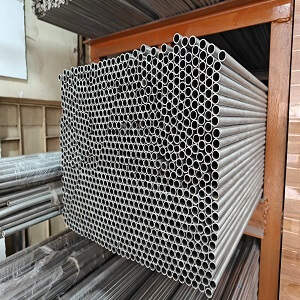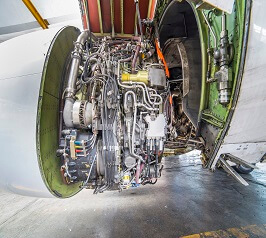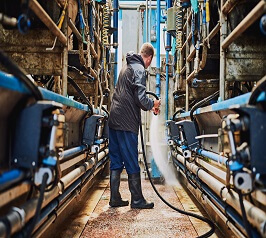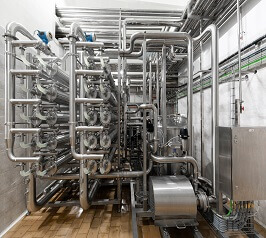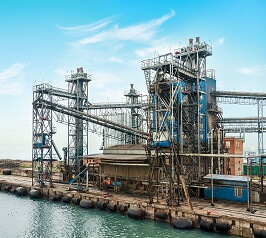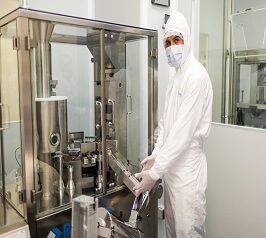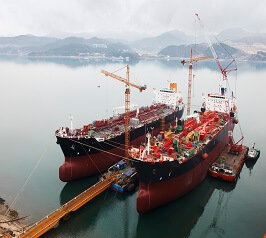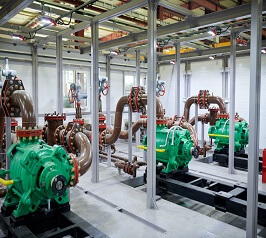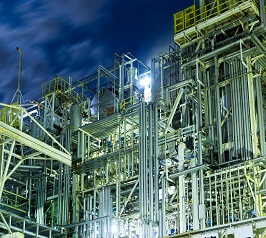Stainless steel boiler tubes play a role in processes involving heat exchange, such as those found in boiler superheaters, heat exchangers, condensers and similar systems. These tubular products are made from quality steel known for its exceptional durability and excellent resistance to corrosion. This ensures that they can withstand operating conditions and remain dependable over time.
One of the characteristics of stainless steel boiler tubes is their thermal conductivity and ability to resist high temperatures. These properties make them well suited for applications that involve the conduction of steam and hot water in high pressure environments. Their exceptional heat resistance safeguards the tubes from deformities or damages under temperature conditions, resulting in lower maintenance costs.
In addition to its heat resistance properties stainless steel also boasts corrosion resistance. This resilience is attributed to the formation of a stable chromium oxide film on the surface of stainless steel, which effectively protects the underlying material. Consequently these boiler tubes can withstand fluids, gases and high humidity without compromising their integrity. This feature proves invaluable in industries, like power plants, petrochemicals and marine environments where tubes often encounter corrosive conditions.Stainless steel boiler tubes have an appearance that remains intact after prolonged use, ensuring that industrial machinery and equipment maintain a high quality look.
One important characteristic of these tubes is their strength despite having walls. They can withstand the pressures commonly encountered in boilers and heat exchangers thanks to their tensile strength. Additionally stainless steel retains its strength, at temperatures making it particularly suitable for these applications.
Stainless steel boiler tubes play a role in heat transfer equipment. Their ability to resist temperatures, exceptional strength, excellent corrosion resistance, and durability contribute to operations in various demanding industrial environments. Furthermore, their long lifespan helps in savings in terms of maintenance and replacement costs, which is why they are preferred across multiple industries.



